Slovenia's "erased“ to be compensated
Head of Slovenian Parliament’s Foreign Affairs Commission Ivo Vajgl says his country's decision on minorities and “erased persons” might be changed.
Thursday, 11.12.2008.
15:12

Head of Slovenian Parliament’s Foreign Affairs Commission Ivo Vajgl says his country's decision on minorities and “erased persons” might be changed. Vajgl was referring to Slovenia's Constitutional Court ruling. Slovenia's "erased“ to be compensated He said that the so-called erased persons would receive documents and be compensated. The erased were the persons that had permanent residence in Slovenia and the citizenship of another republic of the former Yugoslavia who, after the break up of the country in the early 1990s, did not apply for Slovenia’s citizenship. There were approximately 200,000 such persons, 30,000 of which were deleted from the records without receiving any decision about that, thus illegally and formally ceasing to exist. The documents that were issued to them earlier in Slovenia became invalid and these persons lost their residential rights. Many suddenly found themselves at a center for foreigners to later be deported. For quite some time the problem of the erased was not apparent, but in 1994 the first complaint was filed with the Constitutional Court, which established that the process was unconstitutional. After that, Slovenia adopted a new residential rights law, under pressure from NGOs. However, the law referred only to those that constantly resided in Slovenia after 1992, and not those who had been driven out of the country. Slovenia's authorities have officially recognized 18,307 “erased persons”, but 4,000 of them are still unable to legalize their status. Vajgl was on a visit to Belgrade when he made the statement, and also said that negotiations about a social security agreement between the two countries will be accelerated, Parliament’s press office said today. The two sides showed interest to improve their overall relations, according to this statement. Vajgl said that the new Slovenian government would be more dedicated to regional cooperation, especially with Serbia as an important trade partner. Representatives of the foreign affairs parliamentary committees said that cooperation between Serbian and Slovenian parliaments should be improved, which would then “open channels for cooperation in other areas”, the statement read.
Slovenia's "erased“ to be compensated
He said that the so-called erased persons would receive documents and be compensated.The erased were the persons that had permanent residence in Slovenia and the citizenship of another republic of the former Yugoslavia who, after the break up of the country in the early 1990s, did not apply for Slovenia’s citizenship.
There were approximately 200,000 such persons, 30,000 of which were deleted from the records without receiving any decision about that, thus illegally and formally ceasing to exist.
The documents that were issued to them earlier in Slovenia became invalid and these persons lost their residential rights. Many suddenly found themselves at a center for foreigners to later be deported.
For quite some time the problem of the erased was not apparent, but in 1994 the first complaint was filed with the Constitutional Court, which established that the process was unconstitutional.
After that, Slovenia adopted a new residential rights law, under pressure from NGOs. However, the law referred only to those that constantly resided in Slovenia after 1992, and not those who had been driven out of the country.
Slovenia's authorities have officially recognized 18,307 “erased persons”, but 4,000 of them are still unable to legalize their status.
Vajgl was on a visit to Belgrade when he made the statement, and also said that negotiations about a social security agreement between the two countries will be accelerated, Parliament’s press office said today.
The two sides showed interest to improve their overall relations, according to this statement.
Vajgl said that the new Slovenian government would be more dedicated to regional cooperation, especially with Serbia as an important trade partner.
Representatives of the foreign affairs parliamentary committees said that cooperation between Serbian and Slovenian parliaments should be improved, which would then “open channels for cooperation in other areas”, the statement read.











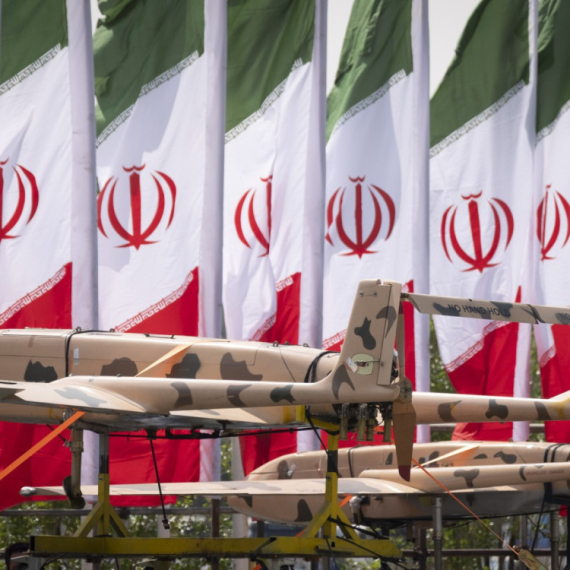

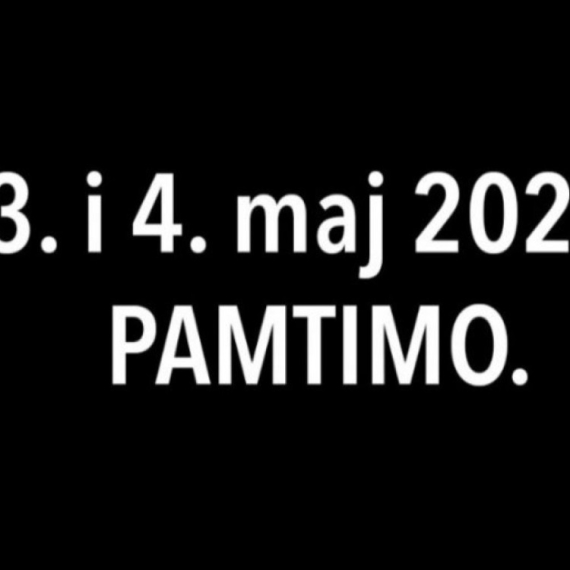




































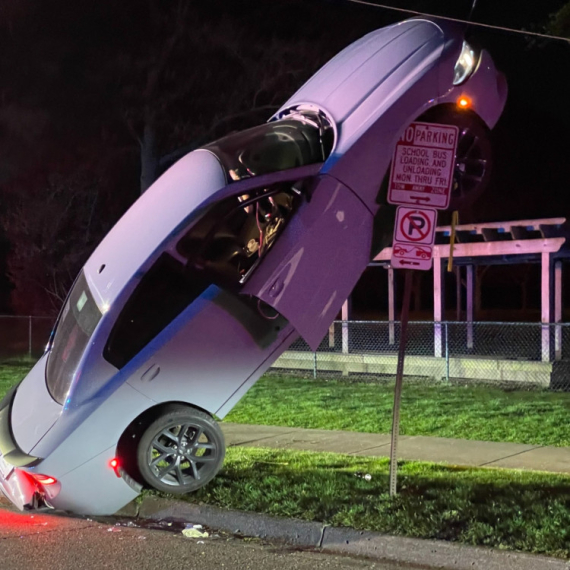

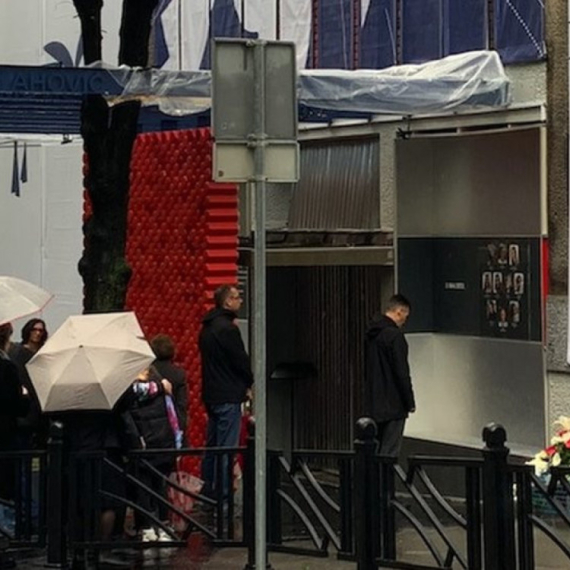
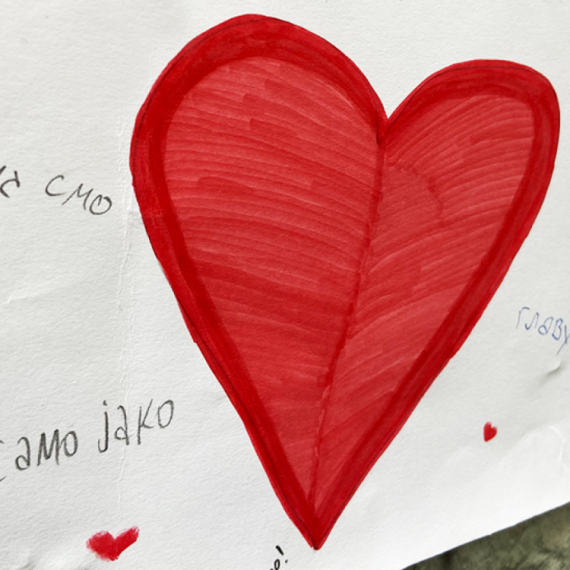




Komentari 3
Pogledaj komentare